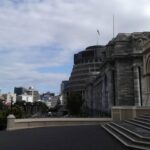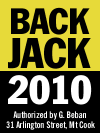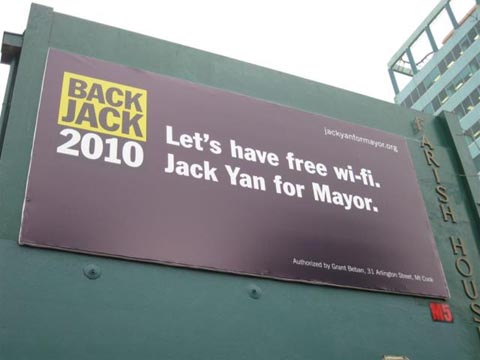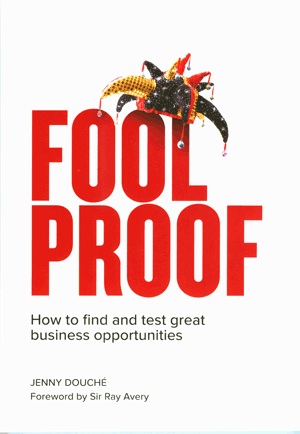Prof Sir Paul Callaghan’s address for the Chancellor of Victoria University, Ian McKinnon, held at a packed-out the Wellington Town Hall, was inspirational, and I felt that he confirmed a lot of my thinking for this city.
It’s great we have free wifi in certain parts of Wellington now, and in our libraries, because that means we start bridging the digital divide.
The next stage is to spread the wifi network to other parts of the city—during election year, I was told this would be at a cost of $250,000.
Thanks to Opera Mini not working any more with Twitter, I was unable to live-Tweet Sir Paul’s speech, but here were the pertinent notes on my Facebook (expanded here with some extra thinking).
Callaghan: we have reached the limits of our natural resources, so we need to start using our brains. Sounds familiar?
Callaghan: R&D is terribly low. Again, sounds familiar with the themes of my 2010 campaign.
He did show a graph, not dissimilar to one I kept with me on the campaign trail, where our ICT sector lagged well behind, as a proportion of GDP, a country such as the US. I’m not saying we emulate the US—goodness knows successive governments’ desires to emulate certain economies have landed us in what Sir Paul calls the ‘New Zealand paradox’. We’ve done everything the experts reckon we should do, yet our GDP has been lagging.
So, what next? This was the next status on my Facebook:
Callaghan: we should be prescriptive, not be locked into one sector. We are innovative people. Seems to justify my creative clusters idea. I like this guy.
Prior to my making this note, Sir Paul had shown how poorly a national focus on biotech had benefited this country. His conclusion: the biggest innovative players, the ones generating high-value jobs, were in niches, such as Fisher & Paykel Healthcare, Rakon, and, of course, Weta Workshop.
I believe creativity can breed if people can learn from each other, and I’ve always maintained the vision of forming creative clusters. Admittedly, during the campaign I did target more an ICT focus, because we had been lagging, and it would have been wise to have had a focus on it from Positively Wellington Business. (Indeed, a lot of these city agencies could do with considerably more transparency and networking.) But Sir Paul is right: we are good at playing in niches and even dominating them.
Here’s a stat that he says Kiwis don’t know enough about, which might be leading on to why so many young people leave overseas (he mentions a one-million-strong diaspora):
Callaghan: World Bank shows our high-tech exports are growing at 11 per cent p.a.
The New Zealand Government does not measure this, but the World Bank does—and it seems evident from what Sir Paul discussed and what I found prior to my campaign that high technology, especially for an isolated country, benefits us. These create largely frictionless exports, and the ones that are manufactured here can be highly value-added.
There was one sobering moment toward the end, and it was this:
Callaghan: disparity between races at schools, reflected in our income gap. We export more of our talent and they don’t come back.
Māori and Pasifika students are not achieving as well—and we really need to show all groups that there are no glass ceilings in society based on race. I know they exist, and it’s high time we began dismantling thinking that creates classes in our city and our nation.
Prof Sir Paul Callaghan is, by any measure, smarter than me. If you can explain Adam Smith to me in five minutes versus a year of Econ 101, then you are smart. And it’s always quite a buzz when someone of his stature and reputation says things that make you think, ‘I wish I had you endorsing my campaign last year.’







2 thoughts on “Innovation is the way forward for New Zealand, says Prof Sir Paul Callaghan in Chancellor’s lecture”